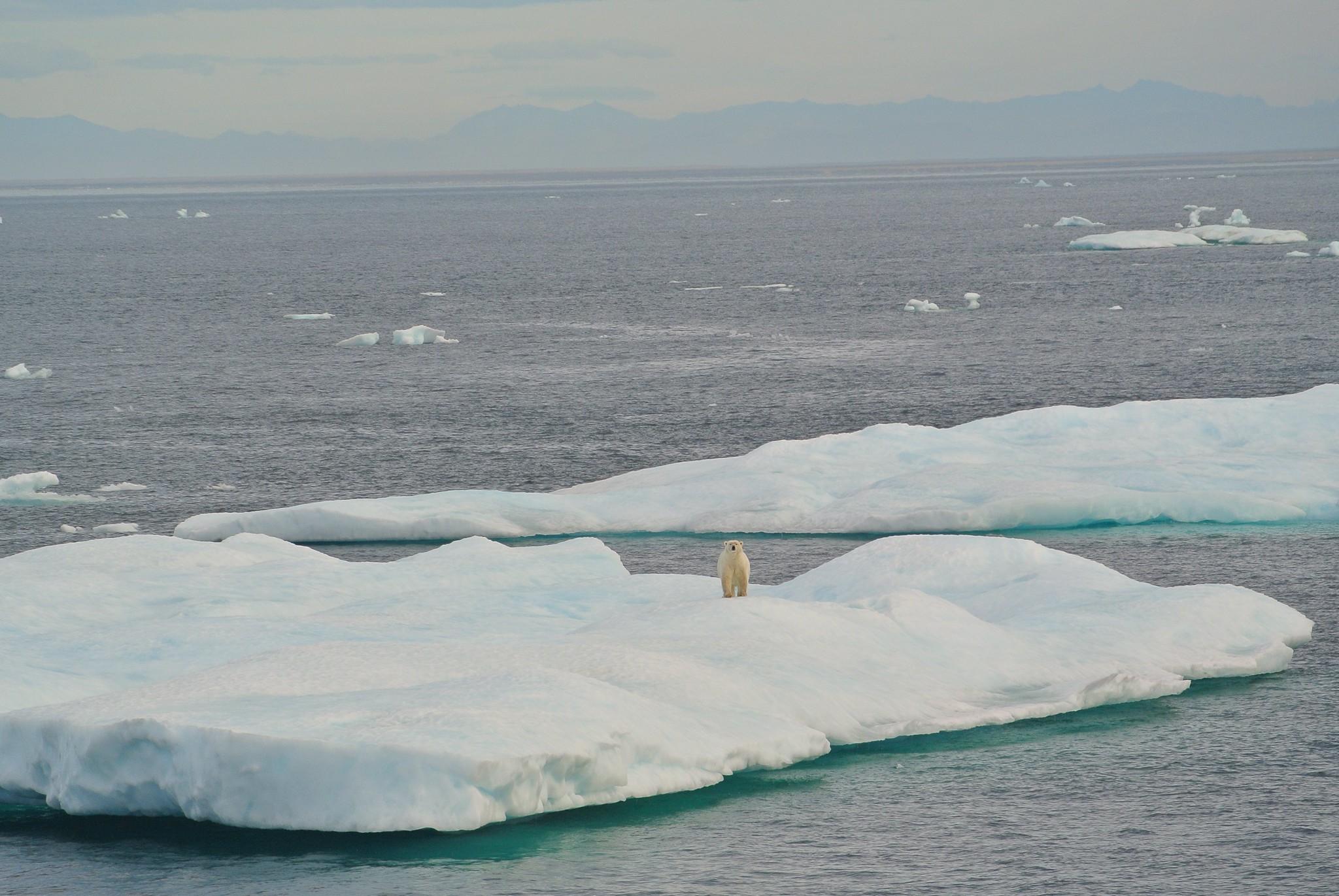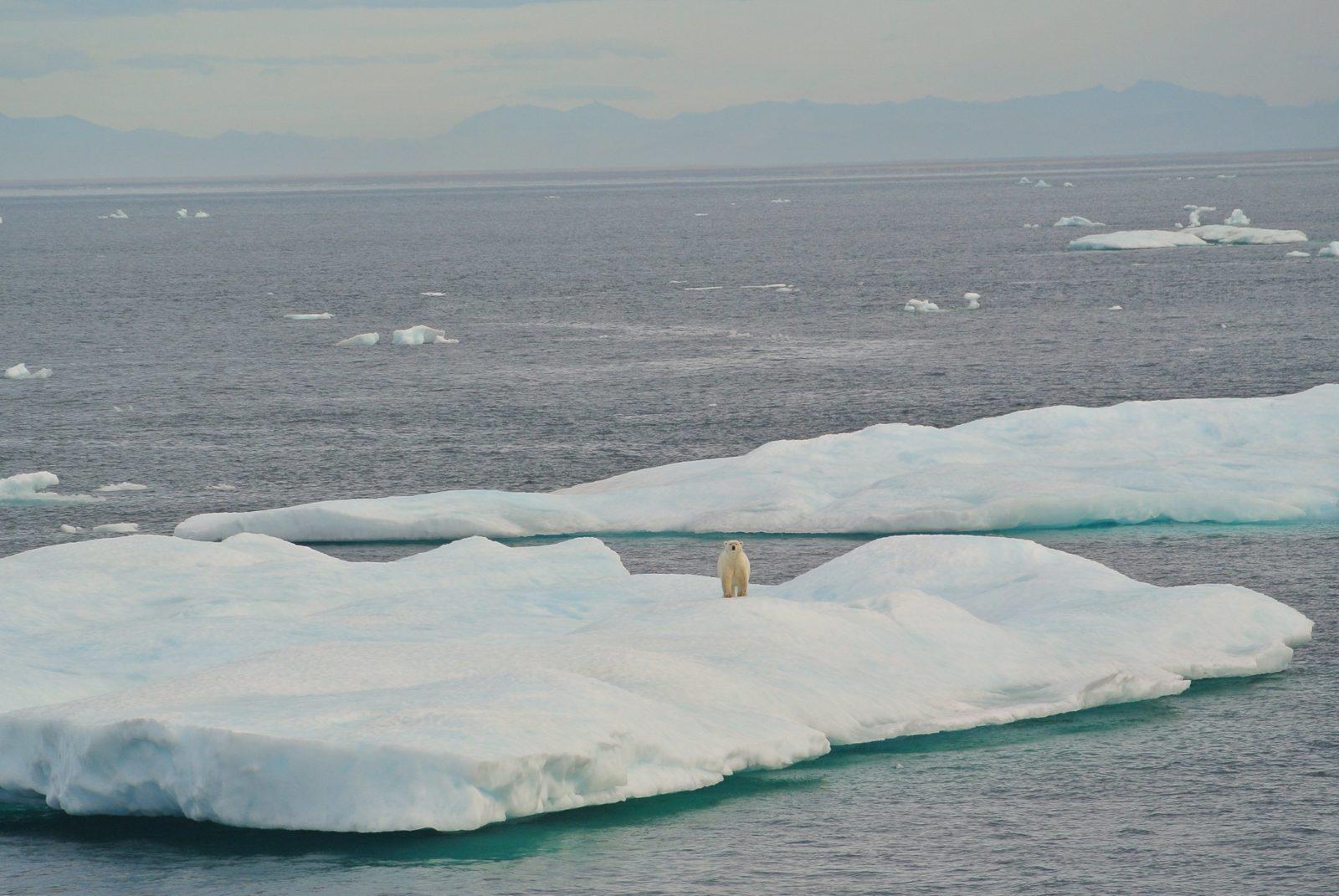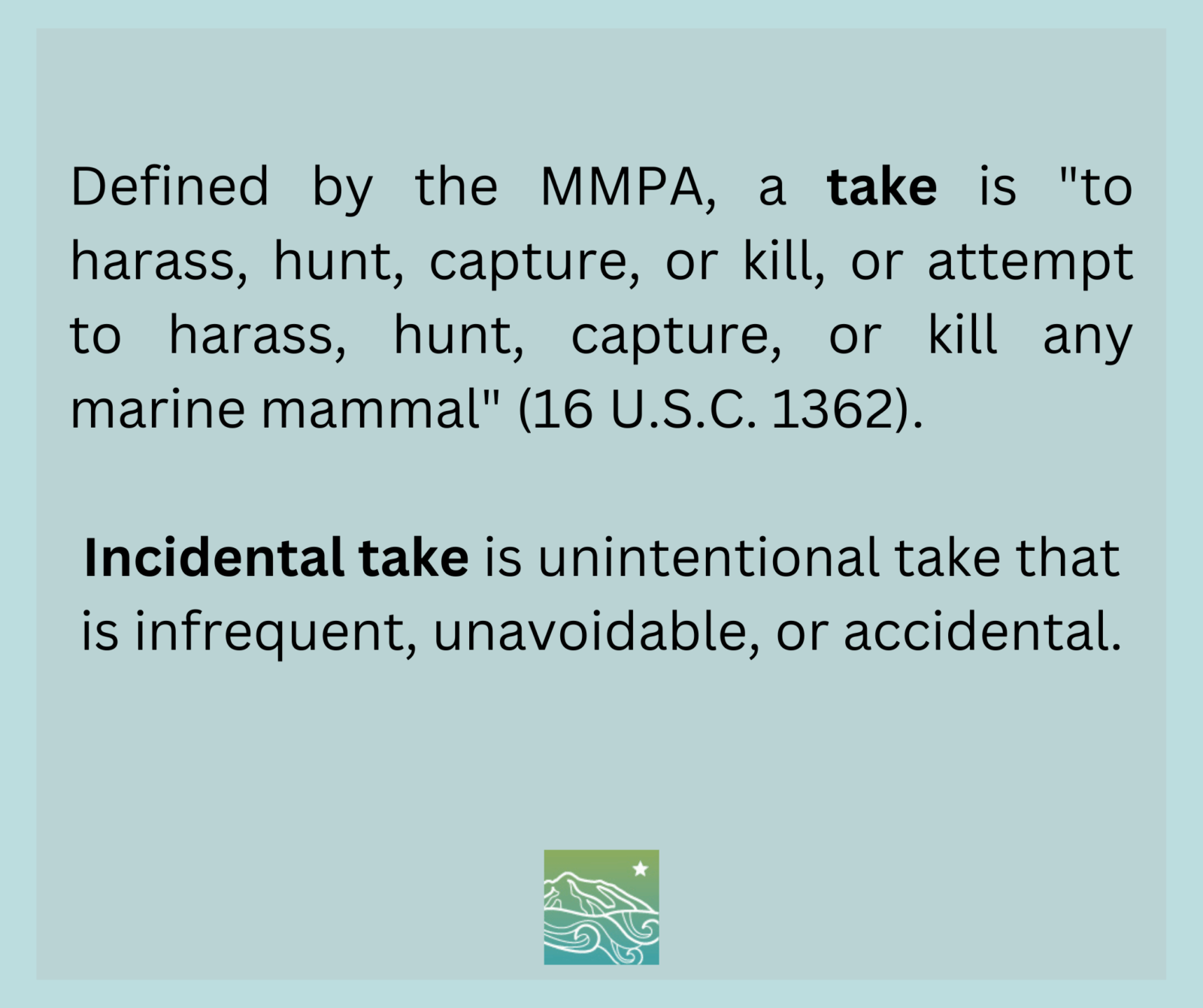
Going to court again to protect already vulnerable polar bears

We went to the U.S. Ninth Circuit Court of Appeals last month to protect polar bears in the southern Beaufort Sea and nearshore North Slope area from oil and gas operations that could injure or kill bears. These animals, already deeply threatened by climate change, are further imperiled by a U.S. Fish and Wildlife rule that allows oil and gas operators to disturb a significant number of bears while they’re denning, feeding, hunting, and interacting with other bears.
We filed a lawsuit to challenge this 2021 incidental take regulation last year. The U.S. District Court denied our motion for summary judgement, ruling against all of our claims in late March, and we filed an appeal in April.
“We’re disappointed in that court ruling and in Fish and Wildlife’s disregard of its obligation to protect this polar bear population, and we will continue to fight to protect them in court,” said Joanna Cahoon, staff attorney at Trustees.
The Marine Mammal Protection Act
The Marine Mammal Protection Act prohibits unauthorized harassment of marine mammal populations like polar bears. A narrow exception to this prohibition allows Fish and Wildlife to authorize an unintentional “take” of small numbers of marine mammals for five years or less if it will have a negligible impact on the population. These authorizations are called “incidental take regulations.”

It’s important to note here that the term “take” objectifies these animals and treats them as things or obstacles to industrial activity who can be disturbed and potentially injured or killed “incidentally” or “accidentally.” Preemptively allowing this “take” in fact shows intention to accept potentially fatal impacts to animals already profoundly impacted by a climate crisis caused by industrialization. The word “take” also describes what this rule allows oil and gas operators to do rather describing the profound impacts of noise, equipment, and other industrial activities on polar bears.
Half isn’t small
Fish and Wildlife’s regulation allows the oil and gas industry to “take” roughly half of the 907 bears in the Southern Beaufort Sea population. Half the population is not a small number; what this means is that over the five years the rule covers, half the entire population of polar bears in this region will face harassment and potential injury or death due to industrial noise, equipment, and other activities that force bears to alter their denning, hunting, feeding and other behavior.
Fish and Wildlife approved a significant level of impact by assessing only the estimate 92 bears impacted by oil and gas operations in each year of the five-year period. Our lawsuit asserts, among other claims, that Fish and Wildlife must consider the total number of impacts to bears.
“We’re appealing to the Ninth Circuit Court because we’re confident the rule violated the law and we intend to do everything we can to protect polar bears in an already vulnerable population impacted by the climate crisis and industrialization,” said Bridget Psarianos, senior staff attorney at Trustees.


